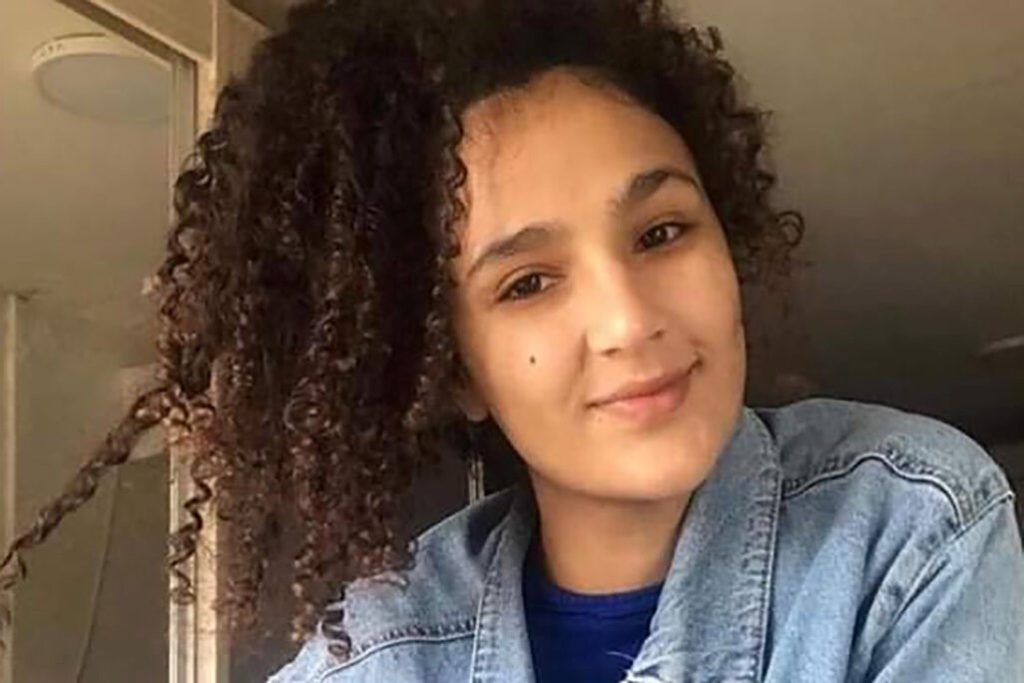The Parliamentarian Committee on the Status of Women and Gender Equality, chaired by MK Aida Touma-Sliman (Hadash – Joint List), convened on Tuesday for a special debate on the murder of three women within one week. Committee Chair MK Touma-Sliman said: “Last week we received three terrible pieces of news. Johara Khanifs, 28 years old; Samar Kalasani, 50 years old and 25-year-old Sapir Nahum. To my great regret, with these three women we have reached a count of 10 female murder victims since the start of the year, and there have also been attempted murders of women. Seventeen-year-old Sabra al-Rafaya has been missing since May, and there are no police forces searching for her. We won’t bring back these women, but at least we may be able to prevent another murder.”
“I can’t ignore the fact that the Minister of Justice announced that he was postponing the vote on joining the Istanbul Convention, the Council of Europe Convention on preventing and combating violence against women and domestic violence. When there are ministers who are opposed, and for that reason the vote is postponed—that is a statement. So, on such a difficult week, I am asking the Minister of Justice to raise the issue again, and say to the ministers: Study the material better. It’s time for them to take responsibility. In the latest three cases, there was a background of violence. We will want to know to what extent there were warnings received by the police and how much the welfare bureaus knew. The three welfare bureaus related to the affair decided not to show up to today’s debate, and didn’t even inform us. That is precisely the attitude, apparently, when women want to put the issue of danger to life on the agenda. None of us feel protected. As a mother of two girls, it’s terrifying. Our lives are forsaken. As soon as the murder case is not solved, as soon as the murderers are not put in prison, there is a clear message—that anyone who wants can do this, and they have a 70% chance of not being caught. That is the situation with the murder of Arab women,” said MK Touma-Sliman.
Lara Tsinman, chair of the Families of Murder Victims Organization: “I lost my daughter Ganit in 1996. I went to console Johara’s family. It’s impossible to describe in words the pain and identification with the pain of families who have been destroyed in one moment. The state is not advancing what was legislated nearly a decade ago.” Dr. Orna Magar, advisor on the status of women at the Federation of Local Authorities in Israel, agreed: “I am returning from a visit to Badia Khanifs. To hear her say, ‘Perhaps because I was active with my daughter against violence, perhaps that’s the reason they took revenge on us.’ We don’t care about opposition or coalition, what we care about is working within the local authorities, which have an ability to make a difference. We have to see how to advance inter-ministerial work in order to address this issue from all its aspects, and to start from the education system. We want actions, we want budgets.”
According to Maria Zahran of Women Against Violence: “Six of ten women murdered are Arab women. I see women my age murdered every day. I want to hear real plans, so we don’t see more Arab women murdered this year.” MK Ofer Cassif (Hadash – Joint List): “This should be declared as gender terrorism. There is a term known as femicide, which is based on gender-specific and sex-based domination. It’s simply shameful that [Israel] is backing down from signing the convention. This is intolerable. I call upon all authorities—welfare, police, anyone who is connected to this. We must do everything to enable prevention. There are tools, and they have to be [employed], mainly in terms of welfare.”
Committee Chair MK Touma-Sliman summed up: “I’m sad that the three murder victims didn’t report to welfare services or the police about the feeling that they were in danger or were undergoing violence. Samar’s neighbors said that they knew that there was violence. Sapir was handled by welfare services, but she still didn’t tell them she felt that her life was in danger. Why didn’t these women see the institutions as an address? Why didn’t they come and tell or complain? I am outraged to hear that people in society knew that there was violence and no one talked about it, and perhaps didn’t encourage them to raise an outcry. It kills me that after so many years of struggle, there are women who are still ashamed and trapped in such a violent relationship and they don’t feel comfortable coming out and saying it. I strongly hope that we will manage to pass the convention, so that we don’t lose everything and have to start over.”
Related:



